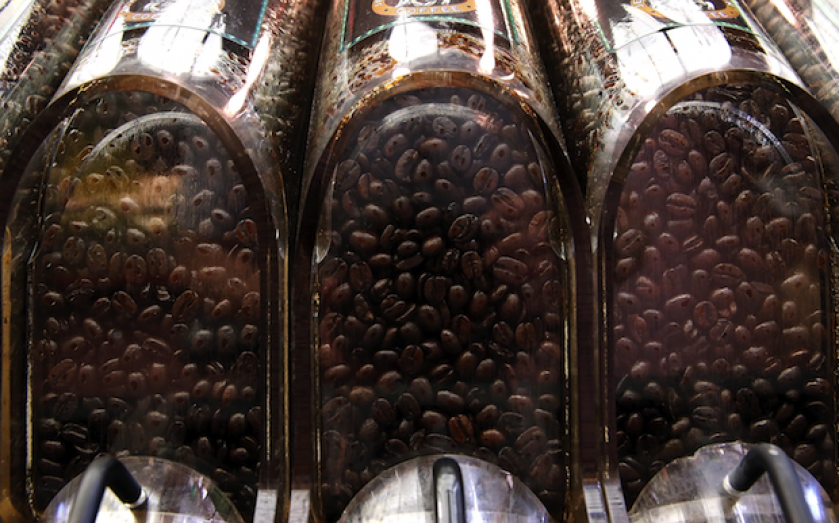Here’s why high quality coffee may become a lot cheaper

Good news is on the horizon for coffee junkies as the price of Arabica beans is set to fall after years of excess production and the widespread eradication of coffee leaf rust, according to Capital Economics.
A combination of high stocks, higher production of the cheaper Robusta beans and subdued demand growth will drag prices down from their current elevated levels.
Capital Economics expect the price of the higher quality Arabica beans to drop to 140 cents per pound by the end of 2015 from 178 today.
So far this year the market has enjoyed a rise in prices, but there remains a huge risk premium in prices that should decline over the next few months.
Arabica coffee surged in early 2014 following a drought in Brazil, with the USDA's latest figures suggesting output could have been hit by as much as 6m bags or 16 per cent.
However, areas where Robusta is grown were not as badly hit, with the USDA expecting Robusta production to rise by 2.1m bags, which should partially offset the fall in Arabica.
Many Arabica producing regions in South America had been plagued by coffee leaf rust, which had been impacting production. However, the US has launched a major programme to help eradicate the fungus.
The effect of the programme may take some time to filter through but over next few years the damage done by coffee leaf rust will be greatly diminished. This presents an opportunity for Arabica producing regions to replicate the Colombian example.
Colombia has all but eradicated the disease and subsequently witnessed a dramatic rise in production. Brazil is still the world's top coffee producer, supplying roughly 45 per cent of planet's Arabica and 25 per cent of its Robusta beans.
Brazil's coffee crop is biennial, meaning there is an "off-year" when production falls and an "on" when production jumps. 2014 could mark the first time in 20 years when production in an "on" year has dipped.
In further good news for coffee drinkers, even if the market does move into deficit stocks are high after several years of overproduction, so there should be no shortage of coffee beans. However, two successive years of poor harvests could rapidly deplete the available stocks.
Capital Economics concede that El Nino later in the year could be wild card. If Brazil sees warmer weather this could bring more rainfall which would damage the crop. Meanwhile, reduced rainfall in Indonesia and Vietnam could reduce output.
Ending on an upbeat note Capital Economics believe the majority of the bad news is already reflected in prices, with a big risk premium priced in thanks to fears over further supply upsets.